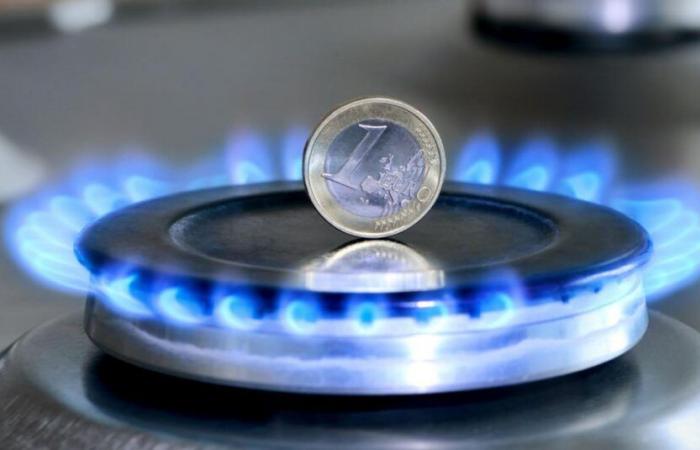
The return of Donald Trump to the American presidency could benefit the European economy through lower gas prices, but to the detriment of global climate progress and energy stability. The Allianz report sets out the main trends in energy prices for 2025.
Trump’s return to the presidency of the United States will deal a blow to the energy transition. The United States has never pumped as much oil as last year and, with Trump as president, with his campaign slogan “Drill, baby, drill!” (drill, baby drill!) this trend will only get stronger. The same goes for liquefied natural gas (LNG) exports, according to the latest Allianz report.
Possible increase in oil prices
The likely reintroduction of US sanctions against Iran could reduce overall oil supplies. This could lead to a price increase of up to +5 to 10% in the short term. Tensions in the Middle East, particularly in the Strait of Hormuz, a key passage for global oil transport, could also increase this pressure.
The price of natural gas falling
A significant increase in the supply of U.S. liquefied natural gas (LNG) is expected thanks to increased infrastructure support and reduced regulatory hurdles. This increase in supply could reduce gas prices in Europe by more than 15% over the next five years, a welcome relief from the current energy crisis.
Johan Geeroms, Director Risk Underwriting Benelux at Allianz Trade comments: “Biden has prevented the construction of new LNG terminals. Trump will restart it immediately. Likewise, it will examine the issue of billions of dollars in grants and loans intended to accelerate the energy transition. The increase in LNG exports will directly hit the wallets of European businesses and citizens. According to our research, gas prices in Europe could fall by more than 15% over the next five years due to rising LNG exports. »
Although the United States is already the world’s leading oil producer with 13 million barrels per day (2023 record), the room for improvement is limited. Production costs (average break-even: USD 64-75/barrel) make a substantial increase difficult without higher prices. Policies favoring exploitation on federal lands could increase supply, but their effects would only be felt in the medium term.
Slowdown in the energy transition
A US administration less favorable to climate policies could slow down investments in renewable energies (solar, wind) in favor of coal and oil. This decline could weaken international commitments to reduce CO2 emissions and harm global efforts to achieve climate goals.
In conclusion, Geeroms argues that Trump’s return to the presidency seriously threatens the global energy transition and climate efforts. “In the short term, increasing oil and gas production seems economically attractive. But in the long term, it can prove disastrous for the environment and the stability of global energy supplies. It is precisely at a time when it is imperative to work together to achieve climate goals that Trump appears to be backtracking. »





